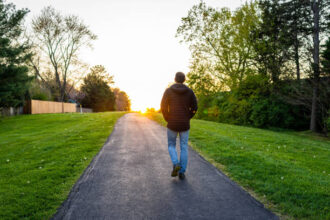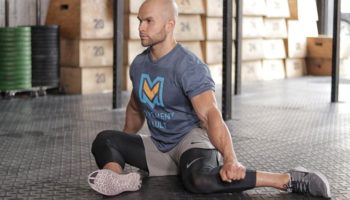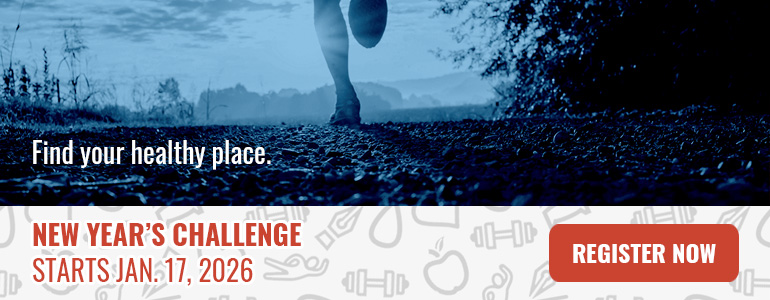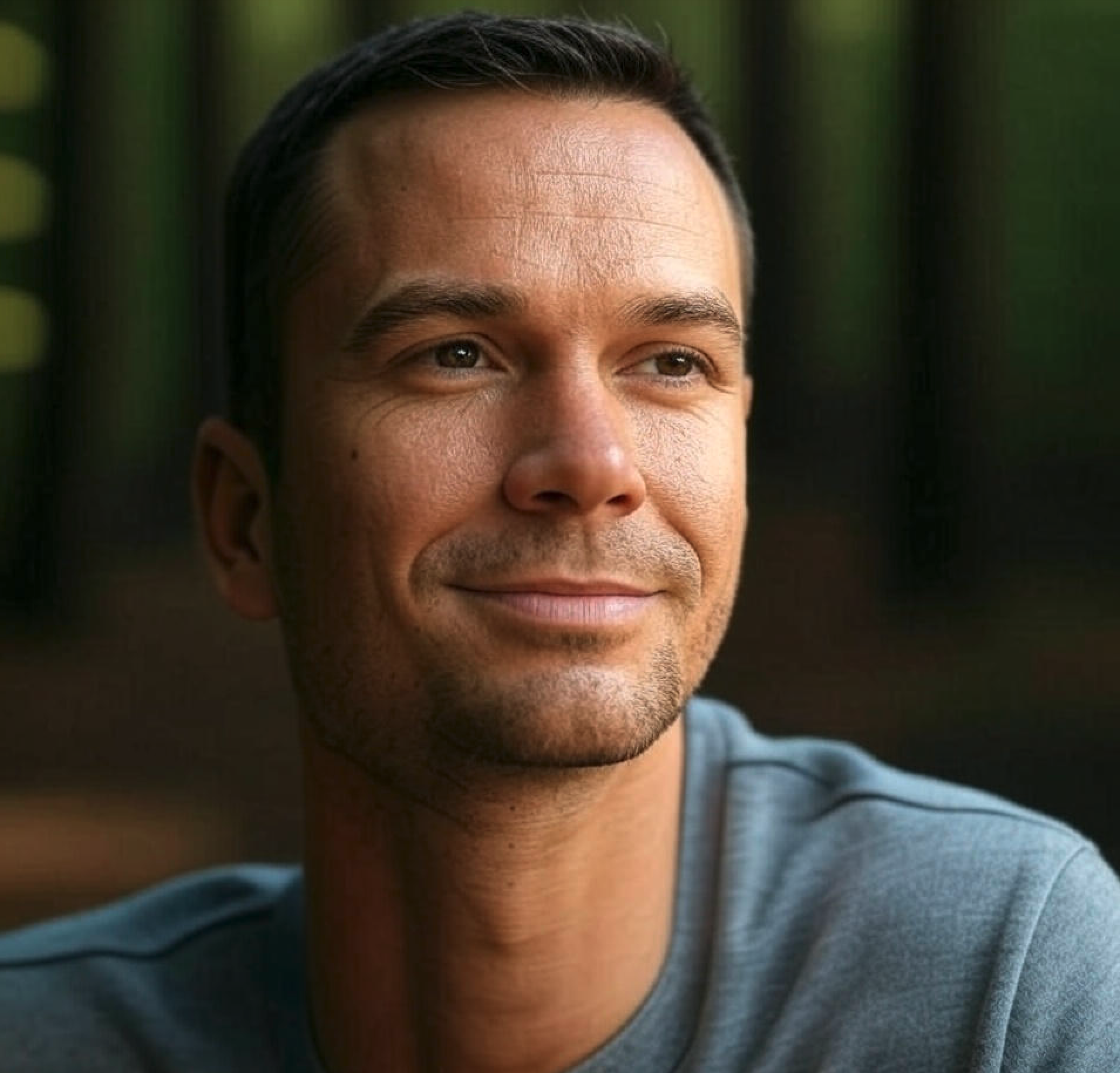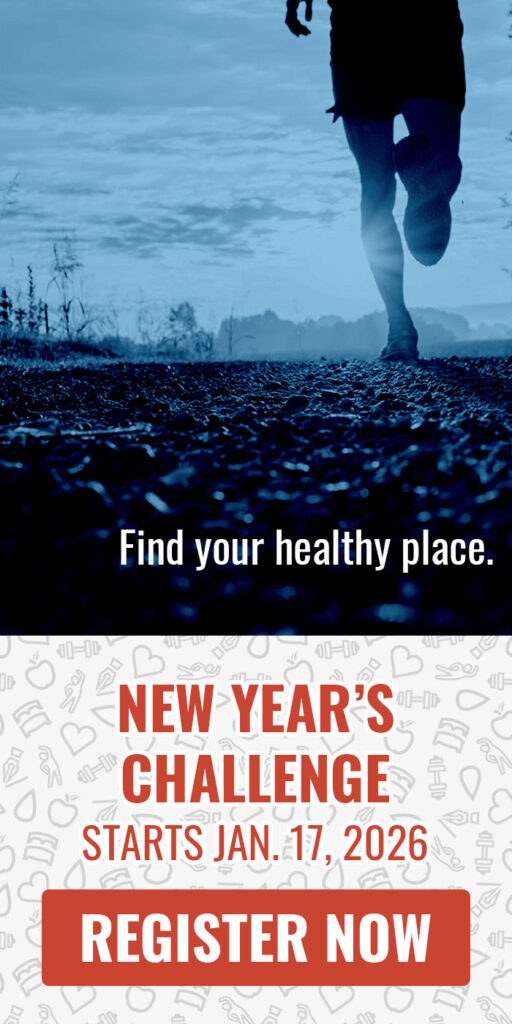 Reading Time: 6 minutes
Reading Time: 6 minutesI used to think health was about hitting the gym hard, eating kale salads, and tracking my sleep like a scientist. I’d scroll through fitness blogs on sites like Whole Life Challenge, nodding at the advice—move more, sleep better, eat clean. It all made sense, but it felt like a checklist, a series of boxes to tick off on my way to a “better me.”
What I didn’t expect was how these small, deliberate habits would crack open parts of my life I hadn’t even realized were stuck—how they’d teach me about resilience, patience, and even love in ways I never saw coming.
The Starting Point: A Quiet Rut

Three years ago, I was in a rut. Not the dramatic, movie-montage kind of rut, but the quiet, grinding kind. I was 34, working a desk job that paid the bills but left me drained. My evenings were spent scrolling on my phone or zoning out to Netflix.
I wasn’t unhealthy in the obvious ways—no major illnesses, no catastrophic weight gain—but I felt heavy, foggy, like I was sleepwalking through my own life. My relationships were fine but not vibrant; my energy was enough to get by but not to thrive. I’d look in the mirror and think, “This isn’t who I want to be.”
A Small Step: Joining the Challenge
It started small, almost by accident. A friend mentioned the Whole Life Challenge, and I signed up, half-expecting to quit after a week. The rules were simple: move your body daily, eat real food, drink water, stretch, sleep enough, and reflect on it all. I figured I’d lose a few pounds, maybe feel a bit better.
But what happened over the next few months—and the years since—went so much deeper than that.
Movement: Finding Space to Think
The first shift came with movement. I wasn’t a gym rat, so I started with walks. Just 20 minutes around my neighborhood, no headphones, just me and the sound of my sneakers on the pavement. At first, it felt pointless—how could walking change anything?

But those walks became sacred. They gave me space to think, to notice things I’d ignored: the way the light hit the trees, the rhythm of my breath, the chatter in my head. I started asking myself questions I hadn’t in years: Why am I so hard on myself? What am I actually chasing?
Exercise stopped being about burning calories and became a way to reconnect with my body, to feel its strength and limits without judgment.
Nourishment: Beyond the Plate
Then there was food. I’d always thought of “healthy eating” as restriction—cutting out carbs, saying no to dessert, punishing myself for every “bad” choice. The Challenge flipped that script. It wasn’t about deprivation; it was about nourishment.
I started cooking more, not because I had to, but because I wanted to. Chopping vegetables, smelling garlic sizzle in a pan—it became a ritual, a way to care for myself. I noticed how my body felt when I ate whole foods: clearer, steadier, more alive.

But the real surprise was how this spilled into other parts of my life. I started paying attention to what nourished me beyond the plate—conversations that left me feeling full, hobbies that sparked joy, boundaries that protected my peace. I began saying no to things that drained me, like toxic work gossip or endless social media scrolling.
Food became a metaphor: what I put into my life mattered as much as what I put into my body.
Sleep: A Lesson in Grace
Sleep was the toughest habit to crack. I’d always been a night owl, staying up late to “unwind” (read: mindlessly browse the internet).

The Challenge suggested seven to eight hours of sleep, and I balked—who has time for that? But I designed my own sleep ritual. I set a bedtime, turned off screens an hour before, and created a little routine: tea, a book, a dark room.
At first, it felt like a chore, but then I noticed something. I wasn’t just less tired; I was less reactive. The small annoyances that used to derail my day—a snarky email, a traffic jam—didn’t hit as hard. I had more patience, not just with others but with myself. I started forgiving my own mistakes, letting go of the perfectionism that had kept me stuck for years.
Sleep wasn’t just rest; it was a way to reset my perspective, to approach each day with a little more grace.
Mobility: Flexibility in Body and Mind
Mobility was the unexpected game-changer. I’d always thought stretching was for yogis or people with time to spare, but the Challenge encouraged daily mobility work—simple stretches, foam rolling, moving my body in ways that felt good.
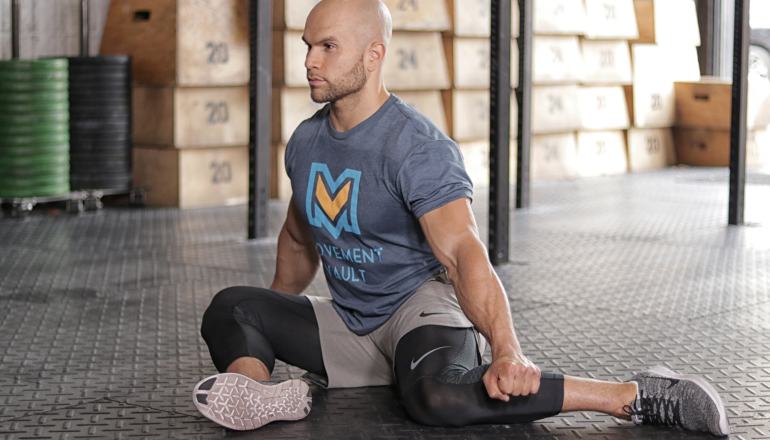
I started noticing how tight my hips were, how my shoulders carried stress I didn’t even acknowledge. As I worked on my body’s mobility, I found myself working on my life’s flexibility. I’d always been rigid—planning every detail, panicking when things went off-script.
But as I learned to move my body with ease, I started to loosen my grip on control. I said yes to spontaneous plans, let go of grudges I’d held for years, and even took risks, like applying for a new job that scared me.
Mobility became about more than my joints; it was about opening up to life’s possibilities.
Reflection: The Power of Paying Attention
The biggest revelation, though, wasn’t any one habit—it was the act of paying attention. The Challenge asked me to track my progress, not with a scale or a fitness app, but with reflection.
Every day, I’d write down what I did, how I felt, what I learned. At first, it felt silly—why write about drinking water? But those reflections became a mirror. I saw patterns: how skipping sleep made me cranky, how a good meal made me feel powerful, how a walk could untangle my thoughts. I started seeing myself not as a collection of flaws to fix, but as a person capable of growth. That shift in perspective changed everything.
I stopped chasing an ideal version of myself and started appreciating who I was becoming.
The Ripple Effect: A Life Transformed
These habits—movement, nourishment, sleep, mobility, reflection—weren’t just about health. They were about showing up for myself, day after day, in small, intentional ways.
They taught me discipline, but not the harsh kind I’d always associated with fitness. This was discipline rooted in really taking care of myself, in listening to what I needed. And that care rippled outward.
I became a better partner, listening instead of reacting. A better friend, showing up fully instead of half-distracted. A better version of myself, not because I was fitter or thinner, but because I was more present, more curious, more alive.
An Invitation: Start Where You Are
I’m not perfect. Some days, I skip my walk or eat a whole sleeve of cookies. But that’s the beauty of this journey: it’s not about perfection. It’s about showing up, again and again, and trusting that small choices add up.
Three years ago, I thought I was signing up for a fitness challenge. What I got was a life challenge—one that taught me how to grow, how to bend without breaking, and how to find joy in the messy, beautiful work of being human.
If you’re reading this on Whole Life Challenge, maybe you’re thinking about starting your own journey. My advice? Start small. Pick one habit—walking, drinking water, sleeping a little earlier—and pay attention. Not to the scale, not to the mirror, but to yourself. You might be surprised at how far those small steps take you—not just in health, but in who you become.


